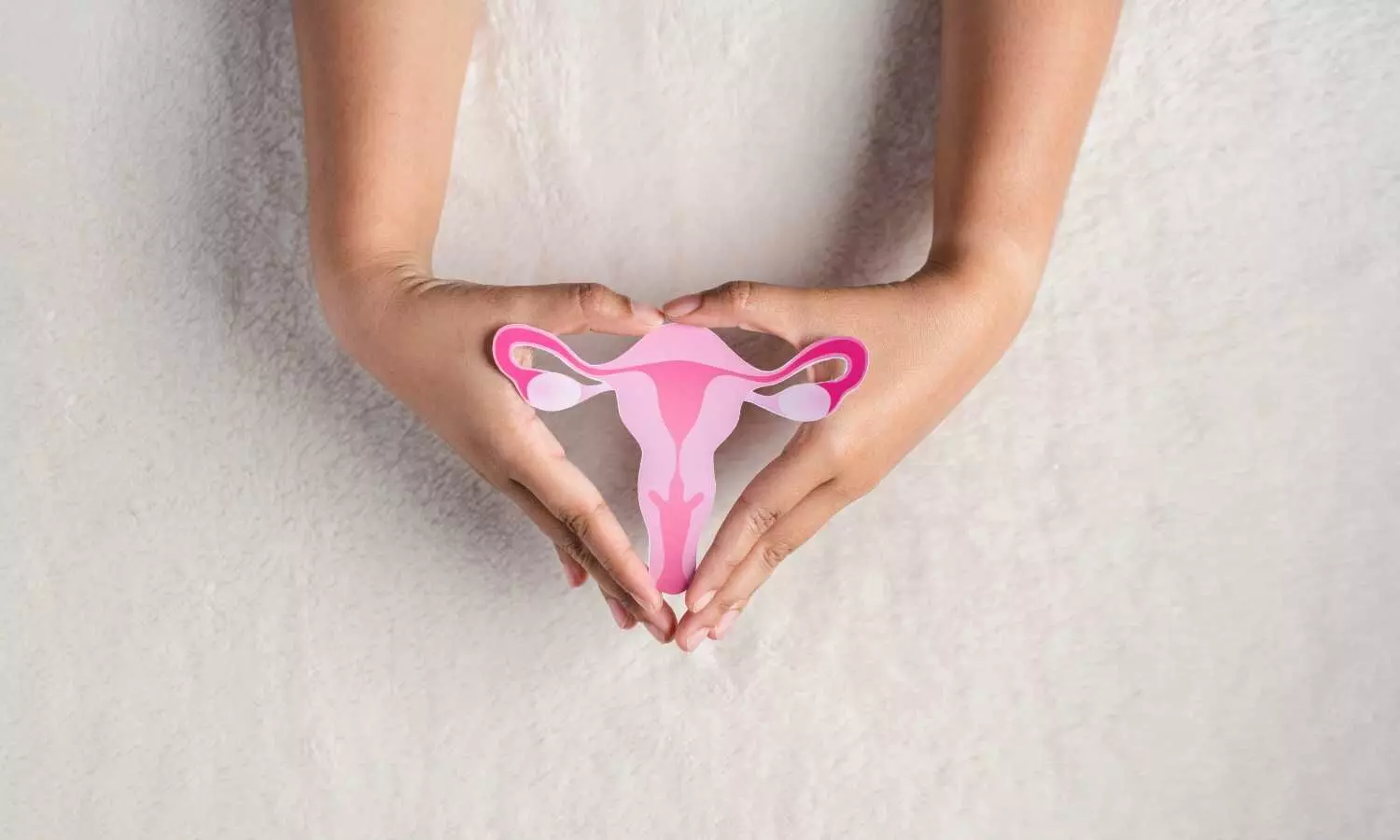Why breast cancer therapy tamoxifen may lead to higher risk of uterine cancer?
- byDoctor News Daily Team
- 21 September, 2025
- 0 Comments
- 0 Mins

In a preclinical study, researchers foundtamoxifenencourages uterine cell growth; the findings could change how somebreast cancersare treated in the future Studies show that people receiving tamoxifen, a highly effective and commonly used therapy to treat breast cancer, face a 2- to 7-fold increased risk of developinguterine cancerwithin 2-5 years of tamoxifen treatment compared to the general population. While this secondarycancerrisk remains relatively low and tamoxifen continues to provide substantial benefit for most patients, it is important to understand even small risks to improve long-term outcomes. A new study led by researchers at Mass General Brigham, the Broad Institute of MIT and Harvard, Dana-Farber Cancer Institute, and Berlin Institute of Health (BIH) at Charité sheds light on the mechanism underlying this link and how blocking a specific molecular pathway may offer a way to prevent uterine cancers from occurring in patients taking tamoxifen. “Our findings suggest that tamoxifen activates a cell growth signaling pathway in cells in the uterus,” said co-corresponding author Gad Getz, PhD, Director of Bioinformatics at the Mass General Cancer Center, part of the Mass General Brigham healthcare system and an Institute Member at Broad. “Importantly, they also point to a potential way to intervene to prevent patients with breast cancer from developing a second, serious cancer in the future,” said co-corresponding author Kirsten Kübler, MD, PhD, formerly a research fellow in Medicine at Mass General Brigham, currently an Associated Scientist at the Broad Institute and a professor at the BIH. Researchers performed whole-exome sequencing of 21 uterine cancers that were associated with previous tamoxifen use, and compared their genetic makeup with those of non-tamoxifen-associated uterine cancers in published databases. Results, published in Nature Genetics, found only 14% of post-tamoxifen uterine cancers harbored cancer-related PIK3CA mutations, compared to 48% of uterine cancers diagnosed in women who hadn’t taken tamoxifen. This finding of lower rates of PIK3CA mutations, a key component of the PI3K pathway, in tamoxifen-exposed patients was validated in three independent cohorts. To see how tamoxifen might induce cancer without inducing genetic changes, the researchers exposed mice to estrogen, tamoxifen, or no treatment. Compared to the other groups, mice exposed to tamoxifen had greater activity in the P13K-AKT pathway, which regulates uterine cell growth, in part through insulin-like growth factor 1 (IGF1), a hormone that encourages cell growth. Researchers then exposed mice to both tamoxifen and alpelisib, a drug that blocks the P13K pathway and is also used in the treatment of breast cancer. The addition of alpelisib significantly decreased PI3K-AKT signaling, IGF1 receptor activation, and cell proliferation. Importantly, the study suggests that blocking the PIK3 pathway could reduce the low but concerning risk of tamoxifen-associated uterine cancer. “Future clinical research can confirm whether combining non-mutant selective PI3K inhibitors with tamoxifen reduces the risk of uterine cancer and ultimately saves lives,” said co-corresponding author Rinath Jeselsohn, Associate Professor of Medicine at DFCI and an Associate Member of the Broad Institute. Kübler, K., Nardone, A., Anand, S. et al. Tamoxifen induces PI3K activation in uterine cancer. Nat Genet (2025). https://doi.org/10.1038/s41588-025-02308-w.
Disclaimer: This website is designed for healthcare professionals and serves solely for informational purposes.
The content provided should not be interpreted as medical advice, diagnosis, treatment recommendations, prescriptions, or endorsements of specific medical practices. It is not a replacement for professional medical consultation or the expertise of a licensed healthcare provider.
Given the ever-evolving nature of medical science, we strive to keep our information accurate and up to date. However, we do not guarantee the completeness or accuracy of the content.
If you come across any inconsistencies, please reach out to us at
admin@doctornewsdaily.com.
We do not support or endorse medical opinions, treatments, or recommendations that contradict the advice of qualified healthcare professionals.
By using this website, you agree to our
Terms of Use,
Privacy Policy, and
Advertisement Policy.
For further details, please review our
Full Disclaimer.
Recent News
Health Ministry Proposes Barcoding Rule for All Va...
- 23 October, 2025
Boehringer Ingelheim Jascayd gets nod in China for...
- 23 October, 2025
Mizoram reports 121 multidrug-resistant TB Deaths...
- 23 October, 2025
GSK Shingrix new prefilled syringe presentation ge...
- 23 October, 2025
Daily Newsletter
Get all the top stories from Blogs to keep track.


0 Comments
Post a comment
No comments yet. Be the first to comment!